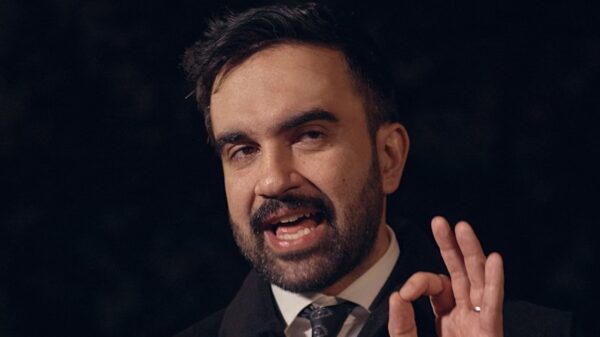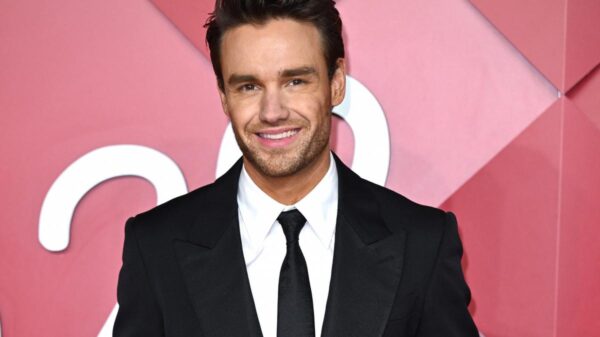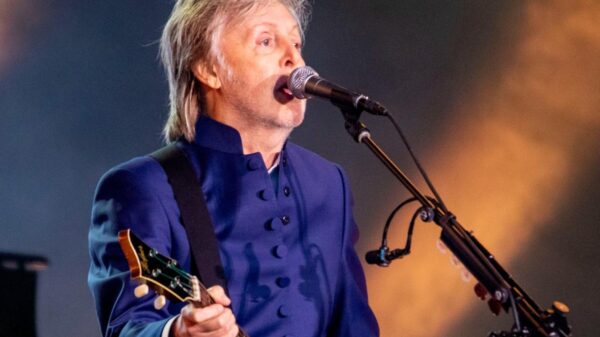Prime Minister Anthony Albanese has endorsed the European Union’s interest in adopting Australia’s social media ban for minors, highlighting a growing global dialogue on online safety for children. Australia’s legislation, which restricts social media access for users under the age of 16, is set to take effect on December 10, 2023. The ban has garnered support from various sectors, including parents’ groups and law enforcement, who advocate for similar measures in their countries.
In her recent State of the Union address to the European Parliament, Ursula von der Leyen, President of the European Commission, expressed a keen interest in Australia’s approach. “Our friends in Australia are pioneering a social media restriction,” she stated, noting her intent to closely monitor the implementation of the policy. Von der Leyen announced plans to assemble a panel of experts by the end of the year to explore suitable measures for the EU, emphasizing the need to prioritize children’s safety over corporate profits.
If enacted, the EU’s potential regulations could impact approximately 65 million children under 15 across its 27 member states. Von der Leyen, a mother of seven and grandmother of four, articulated the concerns of parents who feel overwhelmed by the risks their children face online. She highlighted the necessity for a societal shift similar to past efforts to regulate behaviors such as smoking and drinking among minors, stating, “I believe it is time we consider doing the same for social media.”
Albanese praised the EU’s initiative, asserting, “We welcome this announcement and commend the European Commission.” He stressed the social responsibility of social media companies, reaffirming Australia’s commitment to implementing its legislation designed to safeguard children.
While Australia’s ban focuses on users under 16, von der Leyen did not specify an age limit for potential EU regulations. Interest in similar social media restrictions is burgeoning throughout Europe. Countries like France, Spain, and Greece are advocating for a “digital-age majority” regarding social networks. French President Emmanuel Macron has indicated a willingness to unilaterally impose a social media ban on minors under 15, which would align with Australia’s guidelines.
The Dutch government has also advised parents against allowing children under 15 to use social media apps, differentiating between platforms such as Instagram and TikTok and messaging applications like WhatsApp. Meanwhile, the UK Labour government has faced calls from police for a similar ban, although no concrete steps have yet been taken. The populist party Reform UK has acknowledged the pressing issue, with Deputy Leader Richard Tice stating that the party is examining the implementation of a ban.
Tice remarked on the positive outcomes observed in schools that have prohibited mobile phone use during the school day, citing improvements in student behavior and engagement. He emphasized the importance of addressing the challenges posed by social media to children, noting the demand from parents for decisive action.
As discussions continue, the global response to Australia’s social media policy will likely shape the future of online regulations aimed at protecting children. The evolving landscape underscores a collective recognition of the need for enhanced vigilance and accountability within the digital sphere.



































































